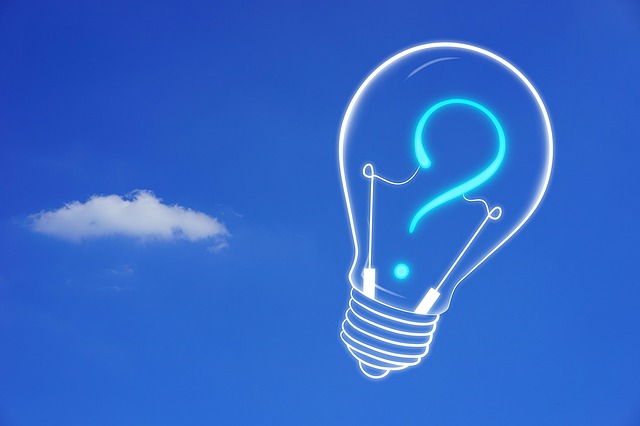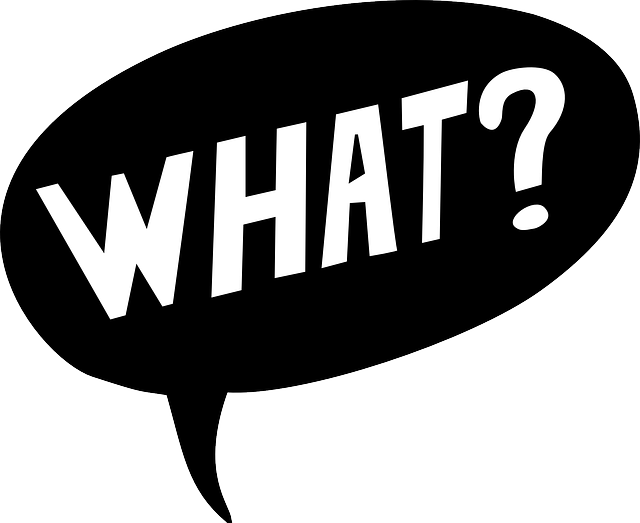How Can Politics Be Studied?
Politics can also be studied through empirical tradition. Political scientists who advocate this approach believe that any account of political reality must be impartial and should thus be tested through observation.
Does politics only involve the state or government?
Given the views on politics above, one may think that politics only involves the state or the government. It must be noted, however, that human beings relate to each other not only in formal structures but also in collective arrangements such as families, religions, peer groups, or cultures.
What is the difference between government and governance?
At present, the terms government and governance are also used with confusion to a large extent. As an institution, it is the government that concretizes the policies and addresses the problems of the state. On the other hand, good governance arises when the government involves the people in its agenda and in the process of policymaking.
What is global governance and international politics?
Some key facts, organisations, books and further resources that relate to international politics and global governance issues. "Management of transnational issues through voluntary international cooperation has come to be referred as Global Governance.
What is the argument in politics and the English language?
In some respects, ‘Politics and the English Language’ advances an argument about good prose language which is close to what the modernist poet and thinker T. E. Hulme (1883-1917) argued for poetry in his ‘ A Lecture on Modern Poetry ’ and ‘Notes on Language and Style’ almost forty years earlier.
How is politics related to language?
What is Orwell’s main point in Politics and the English Language?
What is the historical context of politics and the English language?
Historical Context of Politics and the English Language Orwell penned “Politics and the English Language” in 1945 during the final year of World War II. His essay makes several references to the aftermath of World War II and at one point notes the “continuance of British rule in India.”
Is ‘politics and the English language’ still relevant today?
Although Orwell’s essay has been criticised for being too idealistic, in many ways ‘Politics and the English Language’ remains as relevant now as it was in 1946 when it was first published. Indeed, to return to Orwell’s opening point about decadence, it is unavoidable that the standard of political discourse has further declined since Orwell’s day.
What is the thesis of George Orwell’s Politics and the English Language?
What is politics and the English language by George Orwell about?
Politics and the English Language. " Politics and the English Language " (1946) is an essay by George Orwell that criticised the "ugly and inaccurate" written English of his time and examines the connection between political orthodoxies and the debasement of language. The essay focuses on political language, which, according to Orwell,…
What did George Orwell say about politics?
Does fiction have to be true?
However, fiction can sometimes contain some elements of truth. For example, a fiction writer may include accurate descriptions of places, historical events, and real characters. But, this doesn’t mean that all characters and incidents are real. Facts: Facts are considered to be true. Fiction: Fiction is based on one’s imagination.
What is the meaning of fiction?
Fiction is definite in its meaning that it is not true but a product of the mind. That is why when people say fiction, they often think about novels and movies because such things are product of imagination and artistic creativity. Fiction is never considered to be true like fact is. It is clear in its presentation that it is only an invention. 1.
Why do people think that fiction is an invention?
That is why when people say fiction, they often think about novels and movies because such things are product of imagination and artistic creativity. Fiction is never considered to be true like fact is. It is clear in its presentation that it is only an invention.
What is the difference between fact and fiction?
2. Modern meaning of Fact is “something collectively perceived to be true” while Fiction is “an imaginative creation or a pretense that does not represent actuality but has been invented”. 3. Facts can be true while fiction is pure imagination.
Are there any Filipino political dynasties today?
Today, there many Filipino political clans who can trace their ancestry to the principalia who served during the American colonial period. According to University of London’s School of Oriental and African Studies, in 2016, 74 percent of elected members of the House of Representatives come from political dynasties.
What is the political situation in the Philippines like?
Political season and elections are always vibrant and colorful in the Philippines, taking on a carnival atmosphere all over the country. The day-to-day government also takes on a soap opera flare, as accusations, scandals, trials, and bitter-infighting are the norm.
Is the Philippines running roughshod over its political institutions?
It has run roughshod over human rights, its political opponents, and the country’s democratic institutions. The combination of the Philippines’ powerful presidency and the malleability of most of its political institutions is resulting in significant democratic backsliding.
Is politics a family business in the Philippines?
In fact, it’s hard to avoid the impression that politics here is a form of family business. Imelda Marcos and Joseph Estrada are two of the best-known names in the Philippines. Both have been ousted from the presidential palace – Mrs Marcos as the wife of President Ferdinand Marcos, and Mr Estrada when he himself was president.



